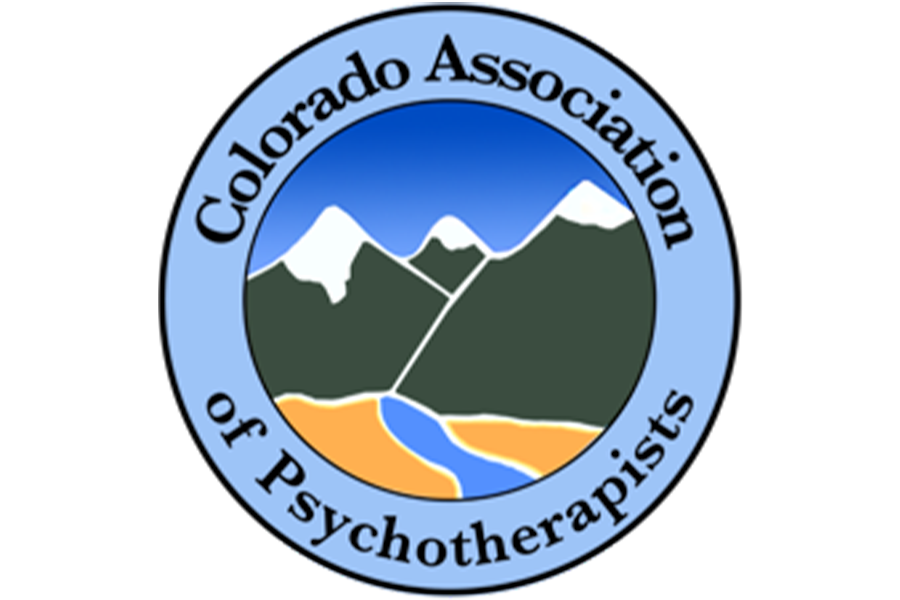Just like any other issue in life, the path to fixing it begins with understanding it. In the case of codependent relationships, recognizing the “why” behind the problem is the initial step towards healing. Understanding codependency is the key that unlocks the door to restoring a healthy relationship.
Symptoms of Codependency
1. People Pleasing
One of the telltale signs of a codependent relationship is the inability to say “no.” Are you constantly finding yourself saying yes to things you don’t want to do or even agree with? For those grappling with codependency, the mere thought of uttering that two-letter word, “no,” is met with overwhelming anxiety and guilt. Their deep concern for others’ opinions often leads to a disconnection from their own desires and needs.
2. Playing the Role of Caretaker or Savior
Do you believe it’s your duty to ensure others’ happiness, even if it means sacrificing your own? While all healthy relationships involve some level of sacrifice, codependent relationships take this to an extreme. Individuals in codependent dynamics tend to neglect their own happiness, prioritizing their partner’s needs above all else. This self-neglect can often be traced back to an emotional void from the past, a lack of love or appreciation that they now seek to fill by placing the other person’s needs above their own.
3. Inseparability from Your Partner
The most apparent sign of codependency is the belief that you cannot exist without your partner. It’s natural for couples to spend a significant amount of time together, but there’s a crucial distinction between quality time spent together and an inability to handle any form of separation. Healthy couples enjoy solo activities, like going to dinner with friends or seeing a movie with a family member, without feeling incapacitated. However, in codependent relationships, individuals may struggle with even brief separations, often stemming from self-esteem issues or a desire to control their partner’s actions.
4. Communication Challenges
Effective communication is a cornerstone of any thriving relationship. When communication falters, dysfunction usually takes root. Codependency often leads to communication problems, where one partner is too afraid to express their needs out of fear of rejection or a belief that they don’t deserve fulfillment. It’s even more concerning when individuals become so disconnected from themselves that they can’t articulate their wants or needs. Such communication barriers can result in loneliness and pain within the relationship.
These are just a few of the signs that might indicate you’re entangled in a codependent relationship. However, understanding codependency is the first stride towards transforming your relationship. Seeking therapy is another essential step. Through therapy, you can address and heal the root causes of dysfunction. By gaining a deeper understanding of codependency, you’ll acquire the skills necessary for cultivating healthier relationships. While it may take time and effort, remember that you are unequivocally worth it. I’m here to provide guidance and unwavering support throughout your journey to healing.




0 Comments